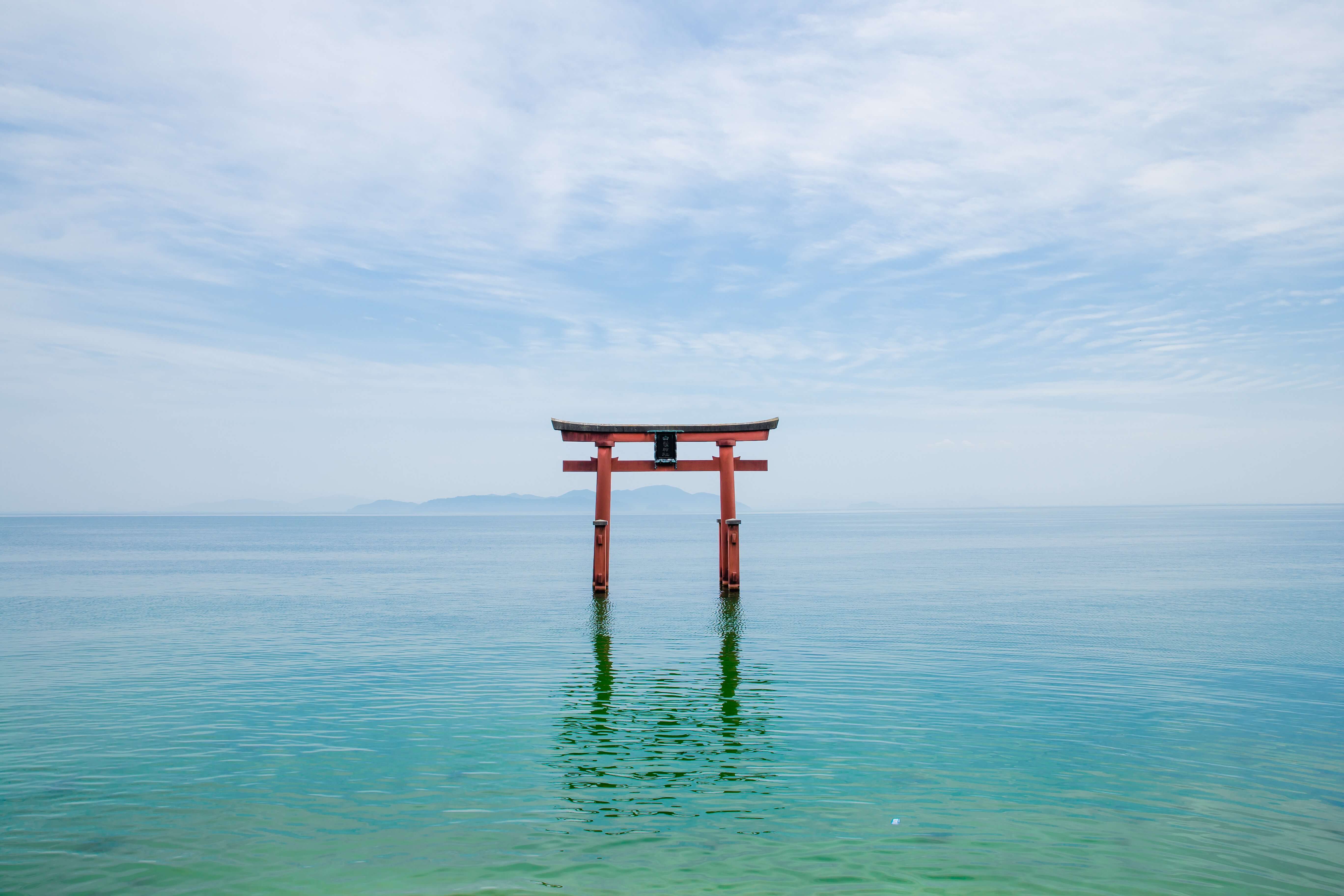Creativity blossoms, according to many writers, in routine. The horror writer Stephen King describes how ‘the cumulative purpose of doing these things the same way every day seems to be a way of saying to the mind, you’re going to be dreaming soon’. Haruki Murakami says, ‘the repetition itself becomes the important thing.’
But, in lockdown, where routine is not a decision but a legal requirement, does that advice still hold up? It seems that, for so many of us, the restrictions which we’ve endured for so long have shrunk the world around us to the size of our laptop screen, and reduced the avenues from which we can gain creative inspiration.
Even now, as freedom beckons thanks to the vaccination programme, the anticipation of seeing friends and colleagues again seems to make it even more difficult to focus.
With this increasing pressure on creativity, it’s worth examining the different ways that cultures throughout history have thought about creativity.

Creativity for the ancient Greeks
In Ancient Greek culture, it was believed that all human creativity stemmed from the goddesses known as the Muses. What is fascinating about their way of understanding creativity is that they viewed the pursuit of historical fact, and of understanding the laws that govern the universe, as creative pursuits. Both History and Astronomy were counted among the subjects the Muses governed, and an educated person was expected to be proficient in all fields inspired by the Muses.
Today, our understanding of creativity is more limited. Our outlets for creative expression are tied to jobs and, more often that not, a small number of hobbies. But the Ancient Greeks truly embraced the idea of the all-rounder. This view of creativity is one that should inspire us all.Taking multidisciplinary approaches, learning from the success of others in comparable situations, trying to apply what you know to what you don’t;all of these are tried-and-tested approaches to improving your creativity, and all of them should be part of our toolkit.

Creativity in Shintoism, the ancient Japanese folk religion
Shintoism originated from an agricultural society that attached great importance to producing life. Musubi is the interconnecting energy of the universe, and underlies all living things. It is the ultimate creative force. Whether you are a humanor a grain of rice, you have musubi.
This is a thought that is truly grounding. When you are struggling, you are doing so alongside a multitude of living beings. . When you succeed, you are alongside that same multitude. Recognising this can help cut through fear of underachieving, or the anxiety that comes with writer’s block. Being mindful of this, not just for yourself, but for colleagues who may be struggling as well, is vital. We are all in the same boat.

Creativity in the Middle Ages
In the Middle Ages, there was a great debate about the nature of creativity. Many philosophers believed that creation was something that only God was capable of. Poetry, painting, music were therefore considered crafts, rather than creative pursuits. But, here as well, there is a vital lesson about being creative in lockdown. It is something that, just like a craft, or a trade, you can work at and master.
So, even if our routines are enforced, perhaps that is what lockdown gives us:an opportunity to hone a craft or to become proficient in a creative skill.
Final Thoughts
Different people have struggled at different points in the lockdown. Gaining fresh perspectives, , grounding yourself with mindfulness, or just ‘powering on through’ are all valid approaches and might help all of us at different times.
Of course, if you’re in the market for really creative ideas, why not reach out to us for a discussion about how our team of consultants can support you and your business?
Article by: admin


No Comments